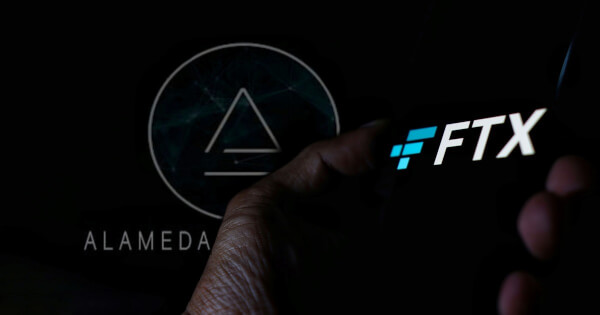The recent developments in the FTX bankruptcy case highlight a complex and painful situation for its customers, contrasting starkly with the broader revival of the cryptocurrency market. FTX, once a prominent player in the crypto exchange world, filed for bankruptcy in November 2022, revealing a massive shortfall in its accounts. This event sent shockwaves through the crypto community and had far-reaching implications for investors and the market at large.
FTX’s collapse was marked by revelations of misused customer funds, leading to billions of dollars in losses. As a result, the bankruptcy proceedings have been closely watched by both customers hoping to recover their funds and industry observers gauging the impact on the broader crypto market. In a recent development, the U.S. Bankruptcy Judge John Dorsey approved FTX’s request to reimburse a group of non-U.S. creditors for legal fees, acknowledging their role in negotiating a settlement among competing groups of FTX customers.
The approved settlement earmarked at least 90% of FTX’s recovered assets to repay customers, addressing the division of these assets between U.S. and international customers. However, it’s clear that neither group will be fully compensated for their losses. This outcome is particularly disheartening for FTX’s international customers, who were hit harder by the funding shortfall that led to the exchange’s collapse.
Meanwhile, the cryptocurrency market has shown signs of recovery, with Bitcoin more than doubling in price in 2023. This revival, driven by growing excitement about the U.S. regulator potentially approving spot bitcoin ETFs and the expected end of rate hikes, presents a stark contrast to the plight of FTX customers. The overall crypto market value has also seen a significant uptick, recovering from a low of $796 billion to hover above $1 trillion.
The FTX saga has had a profound impact on the crypto landscape, affecting investor confidence and regulatory scrutiny. The case of FTX founder Sam Bankman-Fried, convicted of stealing billions from customer accounts, serves as a stark reminder of the risks inherent in the still-evolving crypto market.
FTX’s agreement with Bahamian liquidators to pool assets and harmonize the approach to valuing customer claims is a crucial step in addressing the complexities of its bankruptcy. This settlement aims to accelerate the return of funds to customers and avoid years of protracted litigation. Nonetheless, the agreement highlights the challenges of navigating bankruptcy proceedings in the volatile world of cryptocurrency.
In conclusion, while the broader crypto market shows signs of resilience and growth, FTX’s customers remain mired in uncertainty and loss. This contrast underscores the need for robust regulatory frameworks and vigilant risk management in the crypto industry. As the FTX case continues to unfold, it serves as a cautionary tale for investors and a benchmark for industry standards.
Image source: Shutterstock
Credit: Source link












































